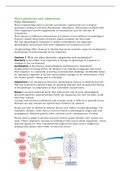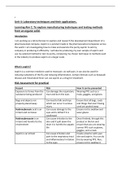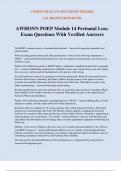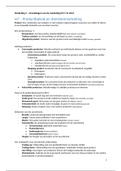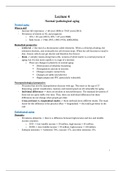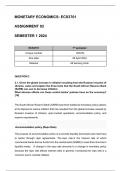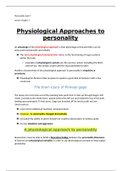problematization – Sandberg & Alvesson (2011).
Abstract: This article examines ways of constructing research questions
from existing literature, which are likely to promote the development of
interesting and influential theories. The most common way across paradigmatic
camps is to spot various ‘gaps’ in literature and, based on that, to formulate
specific research questions. Dominance is of gap-spotting is surprising, given it is
increasingly recognized that theory is made interesting and influential when it
challenges assumptions that underlie existing literature. The article discusses
why assumption-challenging approaches are rare, and it identifies a range of
social norms that favour gap-spotting. Finally, the article proposes some ways of
constructing research questions that move beyond gap-spotting, and discusses
how these ways are likely to promote more interesting and significant theories.
It is important to produce innovative research questions which ‘will open up new
research problems, might resolve long standing controversies, could provide an
integration of different approaches, and might even turn conventional wisdom
and assumptions upside down by challenging old beliefs’.
No innovative research questions less likely to have significant theories.
Purpose: this study concentrates on how researchers construct research
questions from existing literature.
Short argument: most common way of producing research questions is to spot
various gaps in existing literature; this gap-spotting varies in both size and
complexity. This unlikely will lead to significant theories because they do not
question the assumptions which underlie existing literature in any substantive
ways.
Gap-spotting is more likely to reinforce or moderately device rather than
challenge influential theories.
The authors claim that studying research texts reveal some important social
norms and methodological principles for how researchers construct research
questions from existing theory.
According to Locke and Golden-Biddle (1997) opportunities for contribution
includes two main processes: 1) structuring intertextual coherence and 2)
problematization.
3 strategies for intertextual coherence:
1a) Synthesised coherence: cite and draw connections between works and
investigative streams not typically cited together to suggest the existence of
underdeveloped areas’.
1b) Progressive coherence: establishing a context for contribution characterized
by a network of studies that are linked by shared perspectives and working on
research programs that have advanced over time.
1c) non-coherence: describing a common research field marred by disagreement.
Problematization process: problematizate established context of contribution as
being deficient in some way in order to open up ‘opportunities for advancing
knowledge about topics of investigative concern’. Strategies: 1) incompleteness
(new researcher can complete) / 2) inadequate (previous study could provide the
further understanding itself) / 3) incommensurable.


